Where Do the Terms Democrat and Republican Come From?
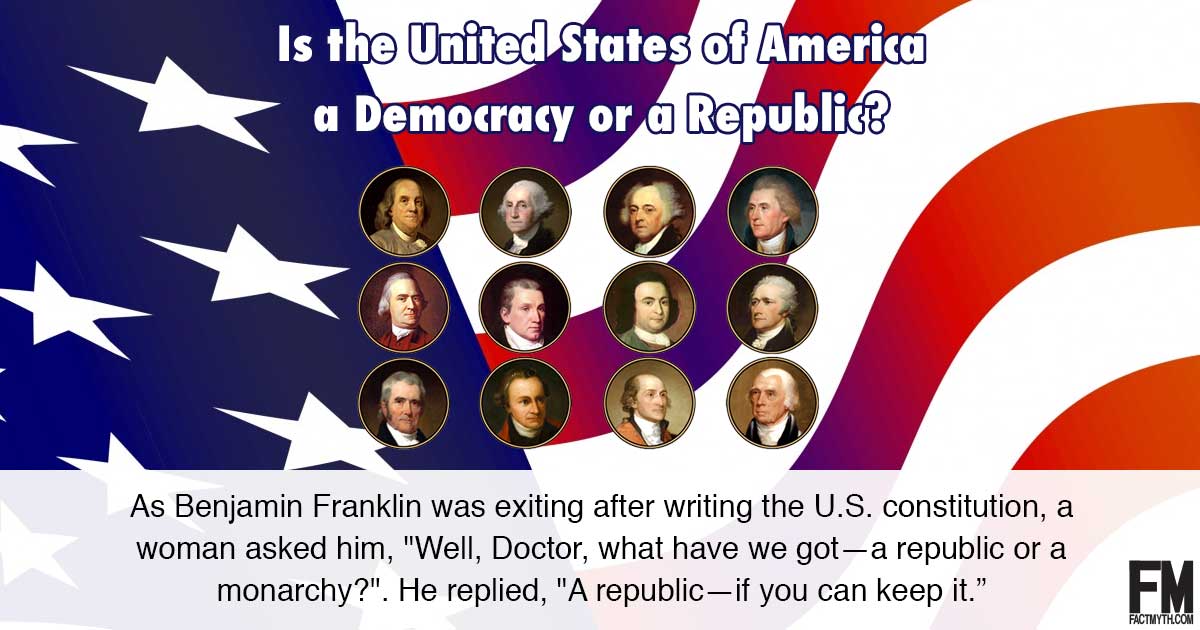
We explain the meaning of Democrat, Republican, Whig, Federalist, Anti-Federalist, Union, and Confederacy the political terms the major parties used for their party names.
Political Science is the science of politics, or the science of the nation-state. It is the art of diplomacy, the study of ideas, ideologies, and influence, the science of strategy, economics, and rhetoric, and more. Perhaps political science is best summed up by Aristotle in his discussing of man’s role in creating the ideal nation-city-state:
“Political science aims at what is the highest of all goods achievable by action…. though it is worth while to attain the end [AKA happiness/arete/”the greatest good”/”the highest good”] merely for one man, it is finer and more godlike to attain it for a nation or for city-states. These, then, are the ends at which our inquiry aims, since it is political science, in one sense of that term.” – Aristotle on the meaning of life, virtue, morals, ethics, and the city-state, Nicomachean Ethics 350 BC

We explain the meaning of Democrat, Republican, Whig, Federalist, Anti-Federalist, Union, and Confederacy the political terms the major parties used for their party names.
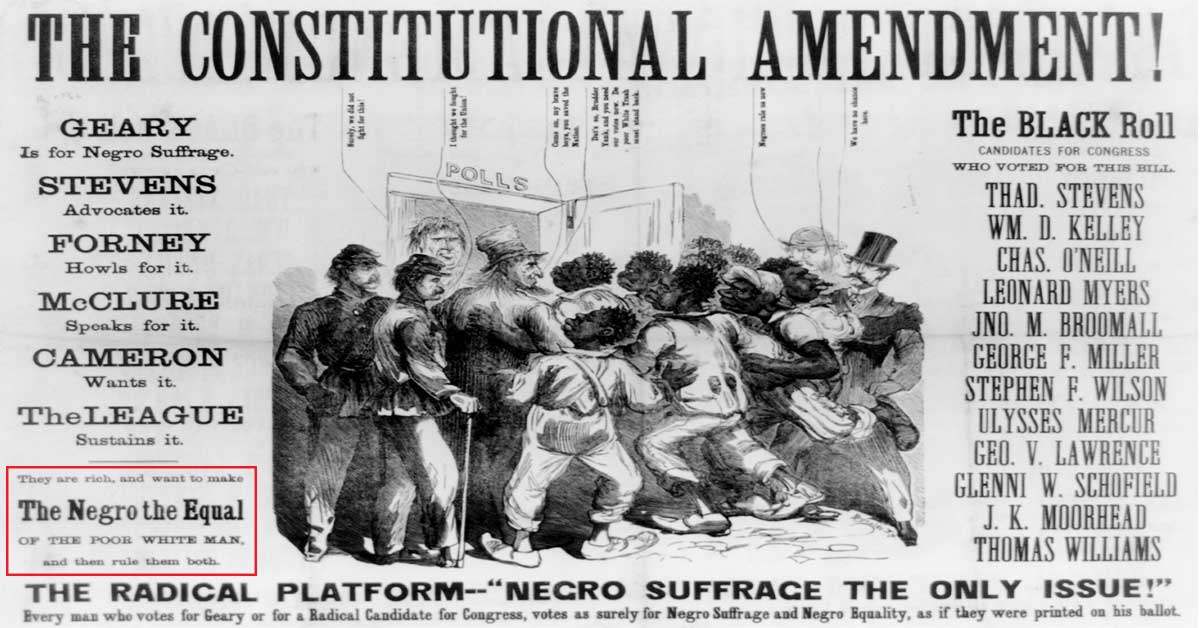
We explain three different types of Republicans found in America during Civil War Reconstruction: moderate, conservative, and radical Republicans.
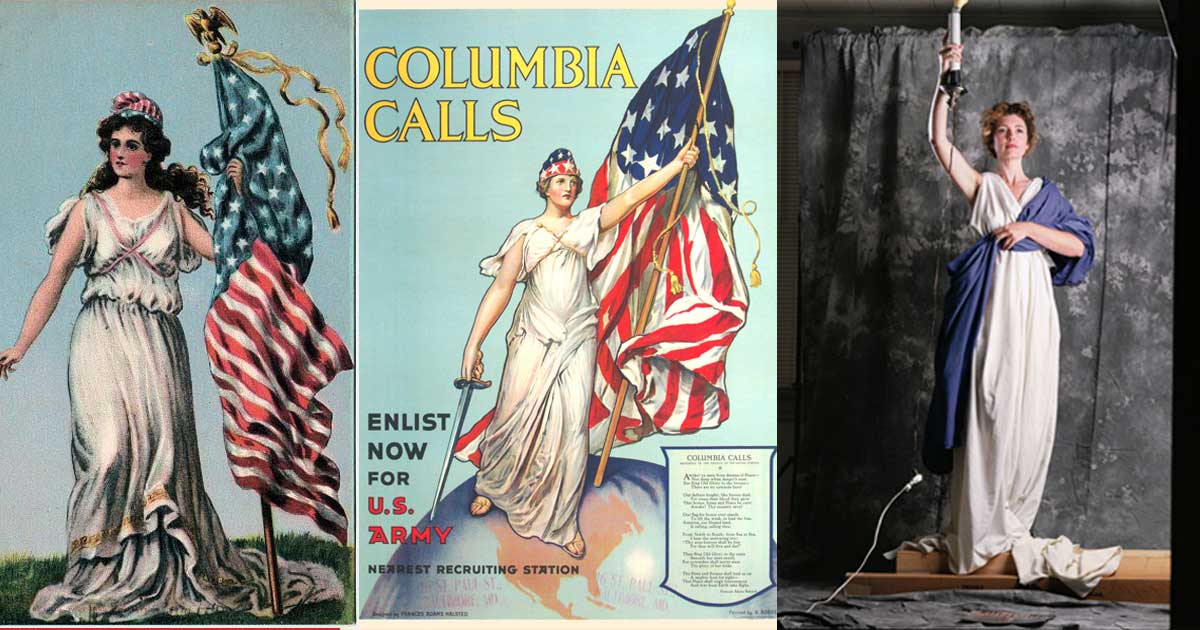
We explain the different types of American progressivism from the founders, to the Reform movements, to Bryan and the Roosevelts, to the progressives and populists of today.
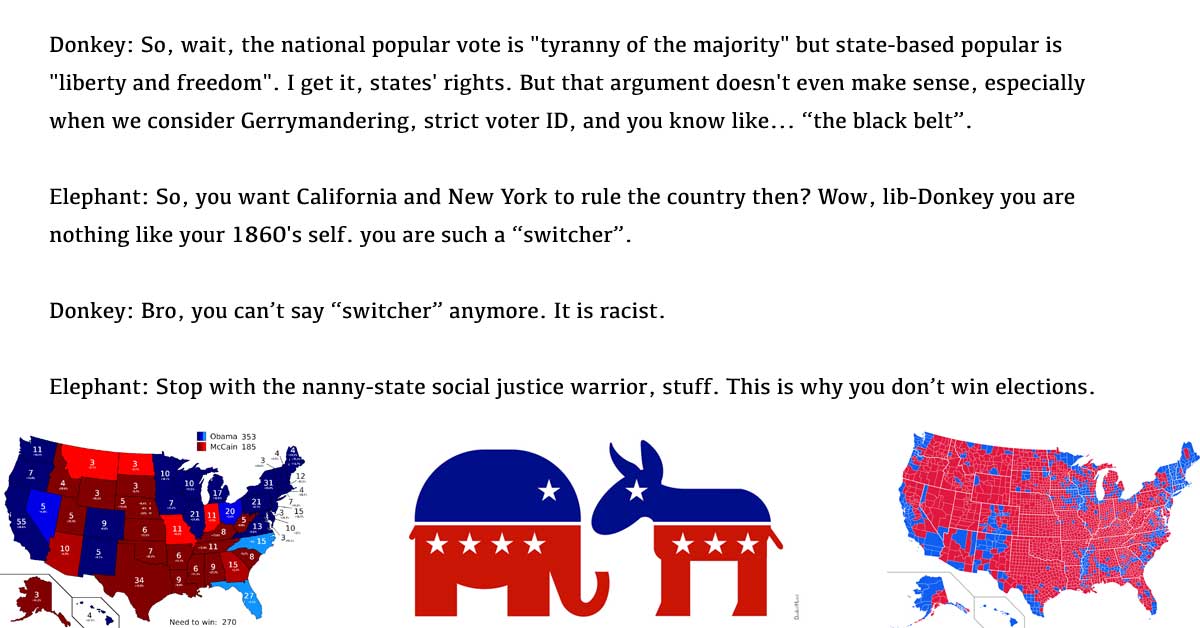
The Electoral College is meant to protect minority voting interests from the majority and to prevent special interests not in the public interest.
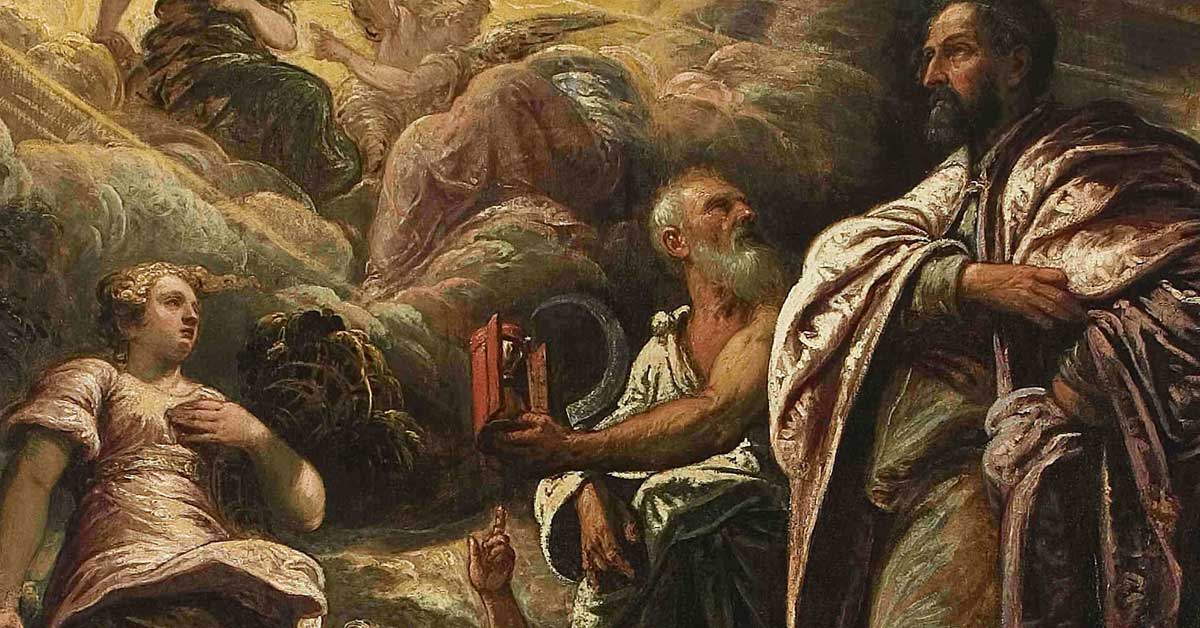
Although we can consider Jeremy Bentham the founder of modern Utilitarianism, and his successor John Stuart Mill the one who popularized it, early Greek philosophers like Aristotle, Aristippus and Epicurus presented the original Utilitarian / Consequentialist / Greatest Happiness theories.
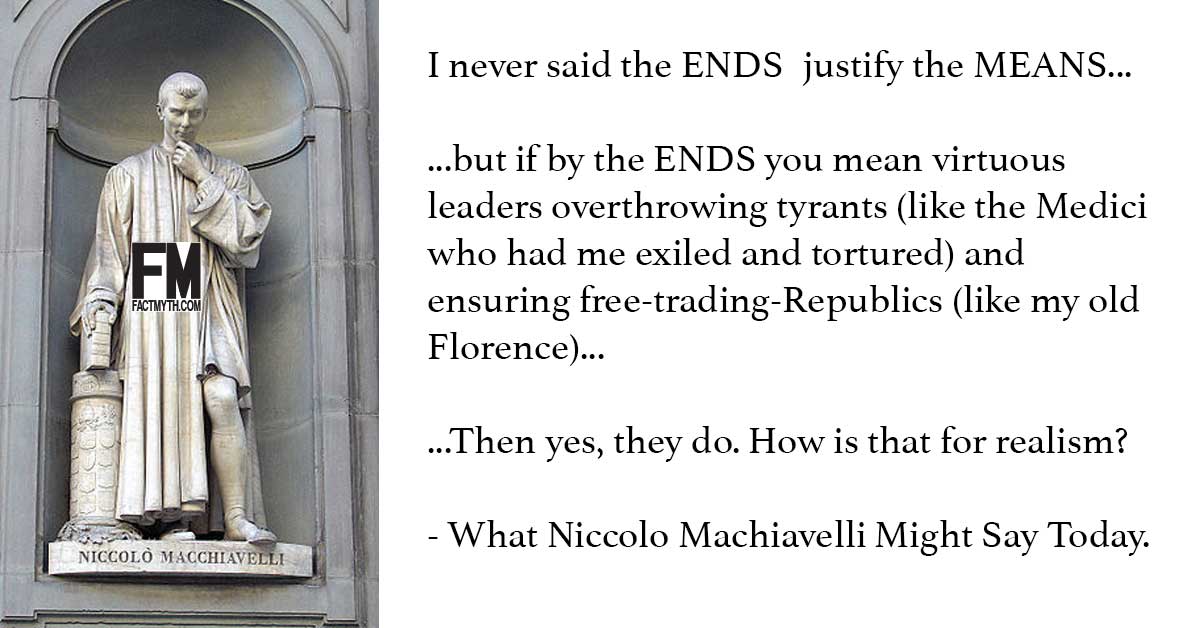
Niccolò Machiavelli never said, “the ends justify the means”, although he did elude to a complex version of the concept in his Prince.

Notable political factions, politicians, and platform planks switched between the major U.S. political parties throughout U.S. history leading to a number of complex changes. Here are some different ways to look at “the party switches” and different “party systems” the changes resulted in.
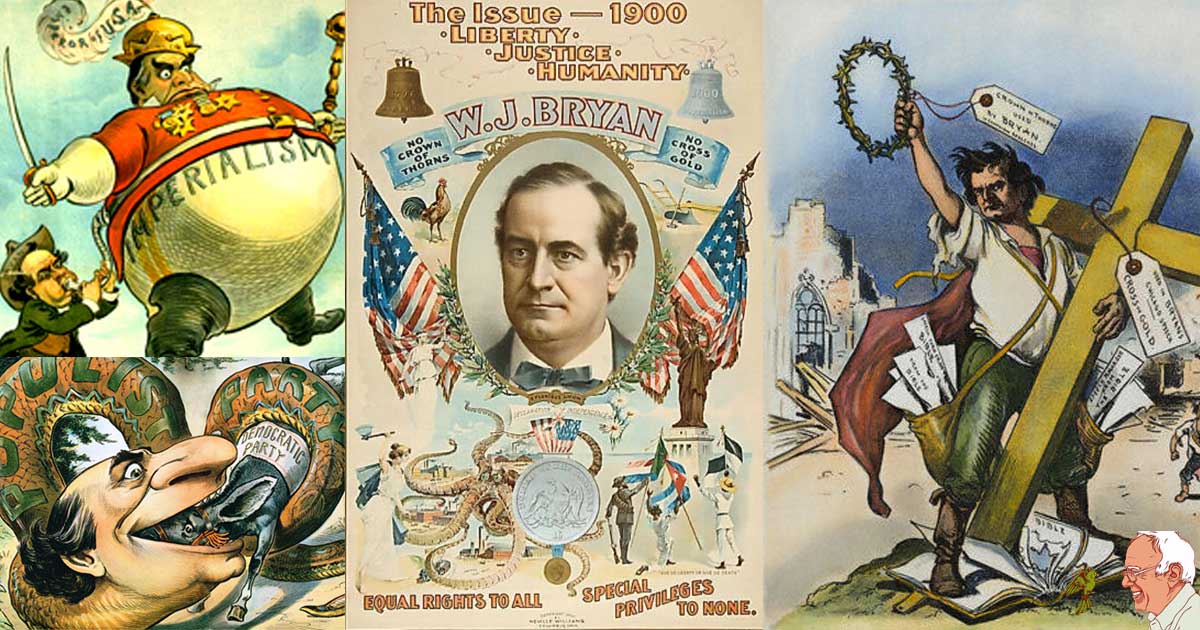
William Jennings Bryan can be considered the father of modern American left-wing and right-wing populism, including progressivism, the religious right, workers’ movements like the free-silver movement, the income tax, direct elections of Senators, and more.

“Fake news” is news meant to influence rather than provide pure information. It is real and as old as the printing press. However, only some of what is labeled as “fake news” is actually “fake.”

At the height of the spice trade, the Dutch traded Manhattan to the English for the Nutmeg-rich Run Island via the 1674 Treaty of Westminster.